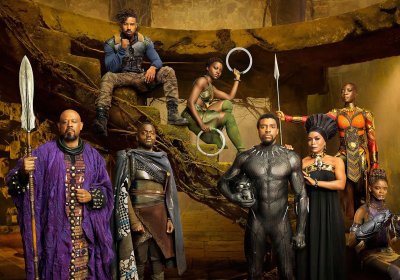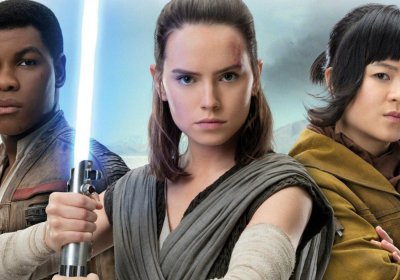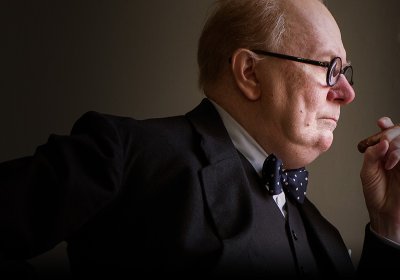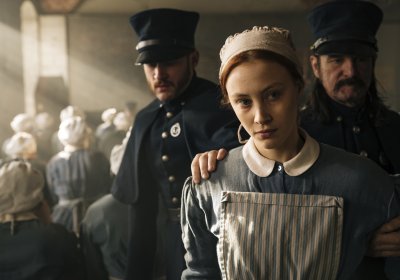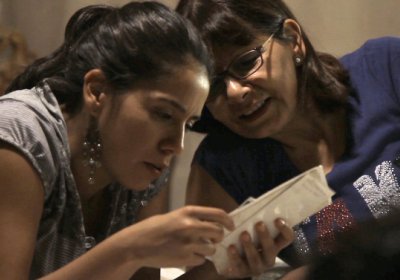As well as smashing all-time Box Office records in both the US and Australia when it opened last month, The Black Panther movie, like the comic book series before it, combines Black pride with a mirror held up to our racist society. It is also a great film, writes Amy Muldoon.
Film & theatre
The Black Panther movie, like the comic book series before it, can bring issues of racism, colonialism and sexism home to a new audience, writes Krystal Kara.
This year is the 50th anniversary of 1968, the year when revolutionary upsurges occurred all across the globe.
Before touching down on the planet of Canto Bight, Rose looks down forebodingly to tell us that it’s full of the “worst people in the galaxy”. Cut to champagne glasses clinking and a casino full of galactic 1-percenters.
“Only one business in the galaxy can get you this rich,” Rose — a new character in Star Wars: The Last Jedi, a mechanic on the Rebel flagship — explains to returning hero Finn as they look around the beachfront resort planet, “selling weapons to the First Order.” She goes on to tell her family’s history: forced to work on a First Order mining colony before it was bled out and blitzed for weapons testing.
This is a gender-bending true story of how a French man fled World War I trenches and — at the urging of his wife — survived in hiding by passing as a woman.
The latest film about former British PM Winston Churchill, Darkest Hour, is already being tipped for the Oscars, with Gary Oldman’s portrayal of Churchill at the helm of speculation.
Oldman’s performance is indeed brilliant, but let us be clear. While it is a great piece of cinema that, artistically speaking, deserves many awards, it is also a film that glorifies a certifiably vile man.
One of the most hyped "events" of American television, The Vietnam War, has started on the PBS network. The directors are Ken Burns and Lynn Novick. Acclaimed for his documentaries on the Civil War, the Great Depression and the history of jazz, Burns says of his Vietnam films, "They will inspire our country to begin to talk and think about the Vietnam war in an entirely new way".
Margaret Atwood is blessed and/or cursed with the credit for this year’s go-to feminist analogy. Any time an old white man makes it clear that women are best kept silent and pregnant, someone says that it’s “just like The Handmaid’s Tale”.
The Sydney Latin American Film Festival (SLAFF) is on again for the 12th year running. Featuring a specially curated program of captivating contemporary Latin American cinema, the festival has several films that progressive filmgoers won’t want to miss.
An important feature of this year’s program is that 50% of the films feature female directors, festival programmer Lidia Luna said.
While Adriana’s Pact director Lissette Orozco reflects on the role her aunt, Adriana Rivas, played during the Augusto Pinochet dictatorship, Roberto Calzadilla's El Amparo focuses on one of a number of state-sponsored massacres of civilians that occurred during the 1980s in Venezuela as a prelude to the bloodbath that would occur in the February 1989 Caracazo uprising.
The Seasons in Quincy: Four Portraits of John Berger portrays British Marxist cultural commentator John Berger over a period of five years.
Martin Pieter Zandvliet’s multiple award-winning 2016 film Land of Mine is harrowing viewing. But it is not to be missed by anyone interested in issues of war and peace — or in fine films.
- Previous page
- Page 18
- Next page

